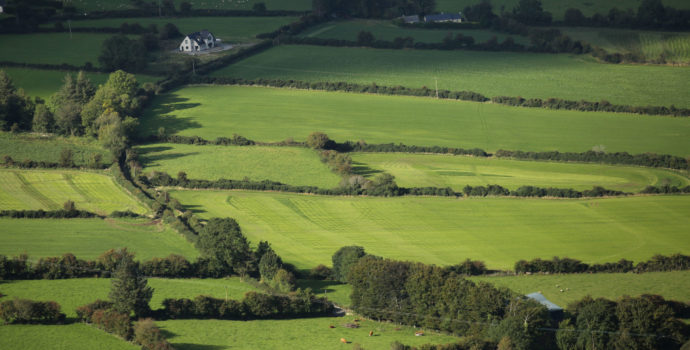Balance Needed Between Environmental Targets and Retaining Ireland’s Position As A World Leader Of Sustainable Food – IFA

IFA President Tim Cullinan said that farmers and rural Ireland support climate action. However, he said achieving environmental targets must be balanced with the sector’s competitive role in producing high-quality, nutritious food at a reasonably low cost.
“Farmers are committed to playing their part in reducing greenhouse gas emissions. But policymakers cannot underestimate the scale of the challenge and must provide a framework to make this feasible for the sector,” he said.
“Co-investment must continue to support farmers to remain competitive and sustainable as they transition through these changes,” he said.
The IFA President was speaking at the Irish Climate Summit event this afternoon.
“So often, simplistic soundbites are thrown out in an attempt to scaremonger and skewer. The fact is, however, that unlike other sectors such as transport today’s agricultural GHG emissions are at a similar level to those in 1995.”
He pointed to ongoing innovation in the sector, which will pay climate dividends over the next decade.
“To date, farmers have invested over €80 million in Low Emission Slurry Spreading (LESS) equipment, while sales of protected urea have more than doubled in 2020. Additionally, Ireland’s use of energy in agriculture is 56% the EU average”.
Speaking about the recently published Climate Bill, the IFA President said it was essential to consider Ireland’s targets within a global context.
“Our grass-based production system is extremely efficient from a carbon perspective. It makes no sense to drive food production elsewhere, resulting in carbon leakage as global food demand is increasing. This fact must be a key consideration,” he said.
The IFA President also welcomed recognition in the Bill that measures for achieving a climate-neutral economy may not yet be fully identified and may evolve through innovation, developing scientific consensus and emerging technologies. He said this was particularly relevant to biogenic methane.
“The key issue in the months ahead is that there is full engagement with farmers. It’s easy to set targets, but they must be realistic and achievable and strike the right balance between the three pillars of sustainability – environmental, economic and social,” he said.




